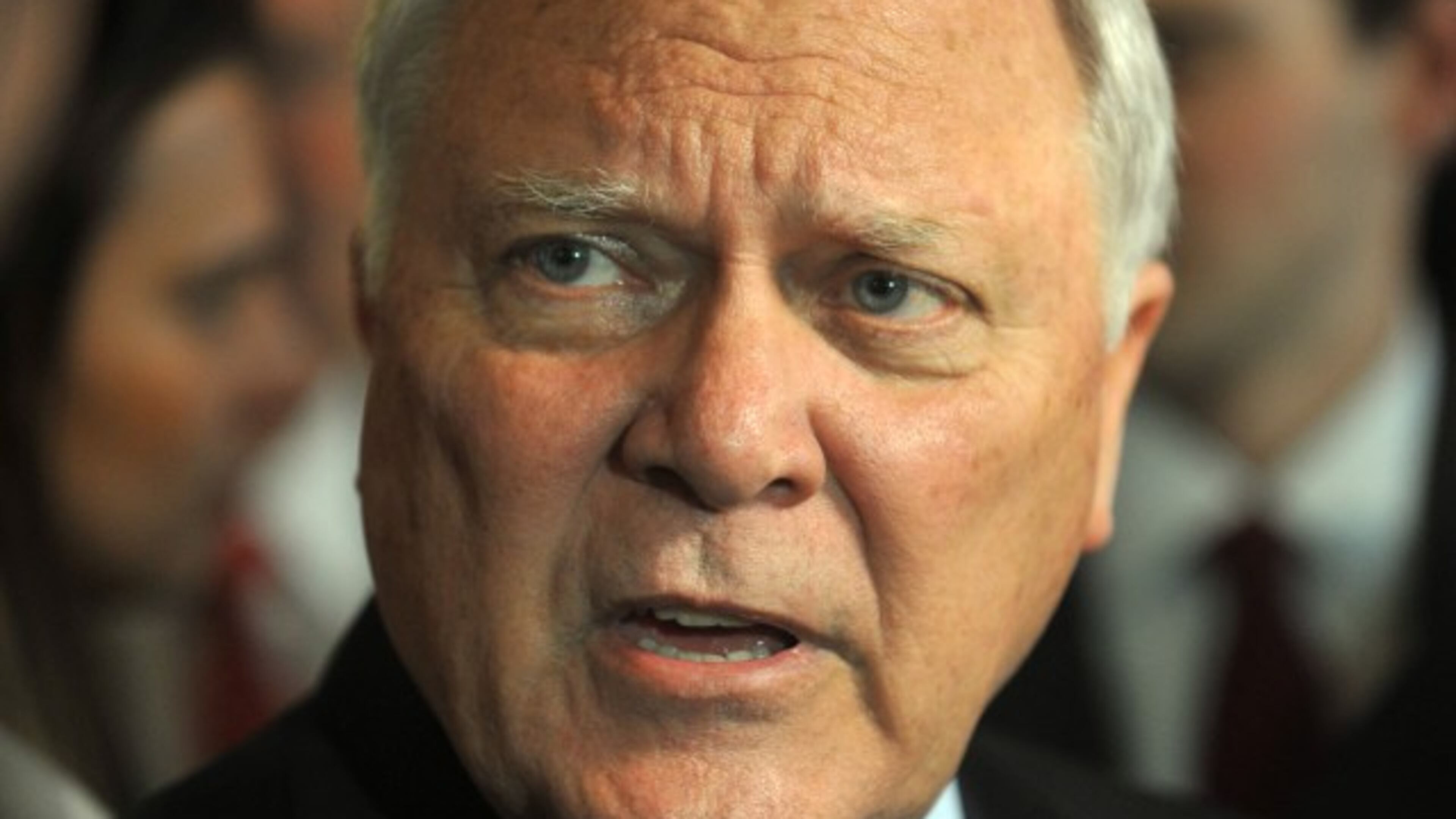Education reform commission kicks off with ambitious goals, aggressive deadlines

The commission appointed by Gov. Nathan Deal to "reshape our state's education system" began its work Thursday with a set of ambitious goals touching every aspect of k-12 learning. Three dozen commission members , ranging from teachers, principals and administrators to legislators, agency heads and even a newspaper columnist (not yours truly), will split into five sub-committees with specific focuses:
- funding (headed by commission chairman and former UGA president Charles Knapp);
- teacher recruitment, retention and compensation (led by Appling County teacher Pam Williams);
- the "move on when ready" approach to student advancement (chaired by Matt Arthur, deputy commissioner of the Technical College System);
- early childhood education (led by Amy Jacobs, commissioner of the Department of Early Care and Learning); and
- educational options and school choice (headed by Nels Peterson, vice chancellor for legal affairs at the University System of Georgia).
"Your responsibility is to think beyond the confines of the current system," Deal told the group. He asked for a new funding model, to replace the 30-year-old Quality Basic Education formula, "that is based on student need and where the funding truly follows the child" while affording flexibility to local school districts. Deal gave two of the sub-committees, for funding and early childhood education, an aggressive deadline for completing their work: Aug. 1, so that their recommendations can be incorporated into the fiscal 2017 budget he presents to legislators next January.
For teacher recruitment and retention, Deal called for ways to "restore the public respect the teaching profession deserves" as well as financial "incentives and opportunities for career advancement that don't cause our best teachers to leave the classroom." Doing so, he argued, "will go a long way toward improving the quality of education."
"Move on when ready," already the subject of a Senate bill this year, is the notion that rigid starting and ending points for grade-level advancement are a hindrance to fast and slower learners alike. "It is common knowledge ... all students do not learn in the same way or on the same schedule," Deal said, suggesting Georgia would be the first state in the country to attempt such a change on such a large scale.
On school choice, Deal charged commission members with finding ways to expand public school choice, potentially including charter schools, new tax credits, Education Savings Accounts and the state's tax credit scholarship . Giving students in failing schools an alternative was, he said, "perhaps closest to my heart."
Knapp noted that, adjusted for inflation, the average weekly earnings for Americans have not improved since 1979. "We really can't be satisfied with that," he said, arguing that "shaking the box" on education was key to helping Georgians compete in a global economy.
Robert Avossa, superintendent of Fulton County schools, suggested the education community is long on "energy around wanting to change," but short on "courage" to do so. "Technology's allowing us to think very differently about how learning occurs, where it occurs, and how kids move through the system at different rates," he said. His counterpart from Hall County schools, Will Schofield, argued k-12 education for the past 75 years has been designed to feed graduates into liberal-arts colleges, and that "the world of work" was saying that was no longer the right goal. "We will not be well-served," he said, "if the solution is to throw more money at the same ways we've been doing things the last 75 years."
The commission's next meeting, in March, is not yet scheduled.

